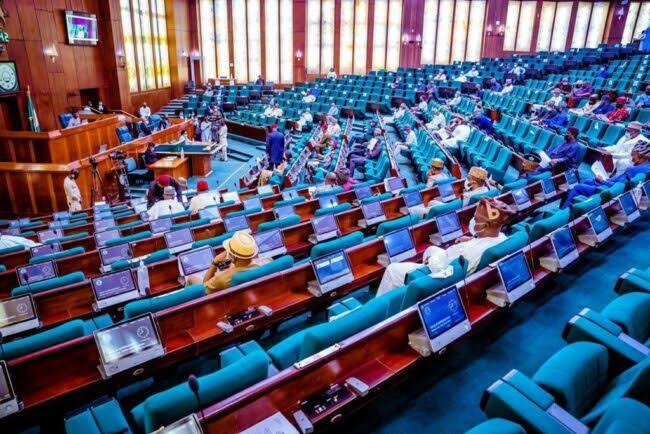The 2025 Unified Tertiary Matriculation Examination (UTME) results have sparked widespread discussion, with the Joint Admissions and Matriculation Board (JAMB) revealing a staggering 76% failure rate among candidates. Out of the 1,955,069 students who sat for the exam, over 1.5 million scored below 200 out of a possible 400 marks, raising concerns about the state of education and exam preparation in Nigeria. Here’s a breakdown of the results and what they mean for students and the education sector.
A Record-Breaking Turnout
This year’s UTME saw an unprecedented 2,030,627 registered candidates, making it one of the largest in JAMB’s history. The gender distribution was nearly equal, with 50.6% female and 49.4% male candidates. The exams, conducted across Nigeria, also included 40,247 underage candidates, a move that stirred some debate. However, only 1.16% of these younger candidates met JAMB’s “exceptional ability” threshold, highlighting the challenges of early entry into tertiary education.
Disappointing Results
The results paint a sobering picture. Only 420,415 candidates—21.5% of the total—scored above 200, a common benchmark for university admission. Even more striking, less than 1% (just 467 candidates) achieved scores of 300 or higher, underscoring the difficulty of attaining top marks. These figures suggest that the majority of candidates may face significant hurdles in securing admission to their desired institutions, particularly for competitive courses.
Exam Integrity and Challenges
JAMB reported 97 cases of confirmed exam misconduct, with an additional 2,157 candidates under investigation for suspected malpractices. These numbers, while relatively small compared to the total candidate pool, highlight ongoing efforts to maintain the integrity of the examination process. JAMB has promised to release further details on result-checking procedures during an upcoming press briefing, which is expected to clarify how candidates can access their scores.
What Does This Mean for Nigerian Students?
The high failure rate has reignited debates about the quality of secondary education, exam preparation, and the pressure of the UTME system. Many candidates who scored below 200 may need to explore alternative pathways, such as remedial programs, polytechnics, or retaking the exam in the future. For educators and policymakers, the results are a call to address gaps in curriculum delivery, teacher training, and student support systems.
Moving Forward
As candidates await further instructions from JAMB, the focus now shifts to post-UTME screenings and admission processes. For those who didn’t meet their target scores, this is a moment to regroup, seek guidance, and explore all available options. The 2025 UTME results serve as a reminder of the challenges within Nigeria’s education system but also as an opportunity for stakeholders to work toward meaningful reforms.
What are your thoughts on the 2025 JAMB results? Share your comments below, and stay tuned for more updates on education and opportunities for Nigerian students.
Join our Whatsapp channel to stay updated always!


